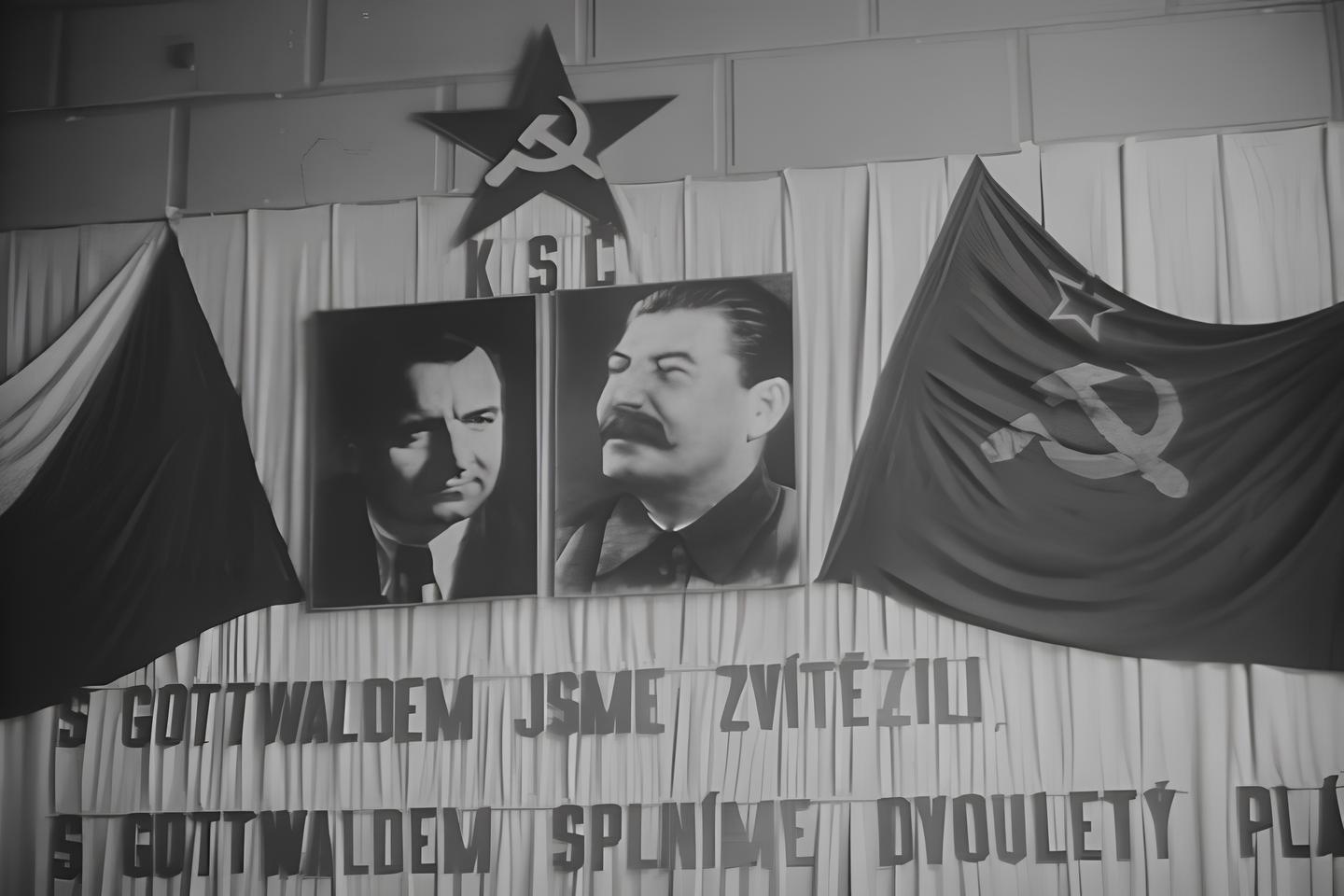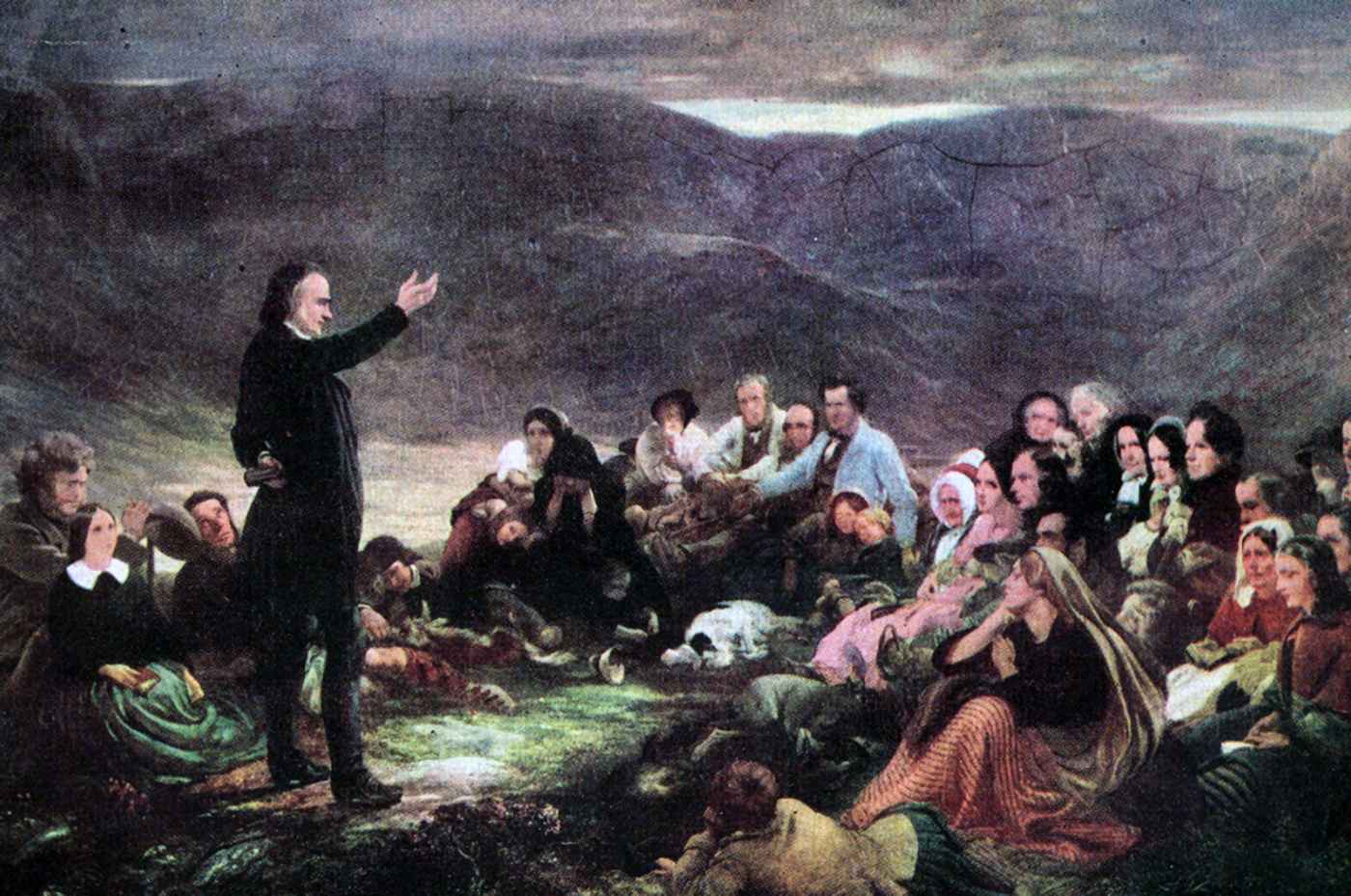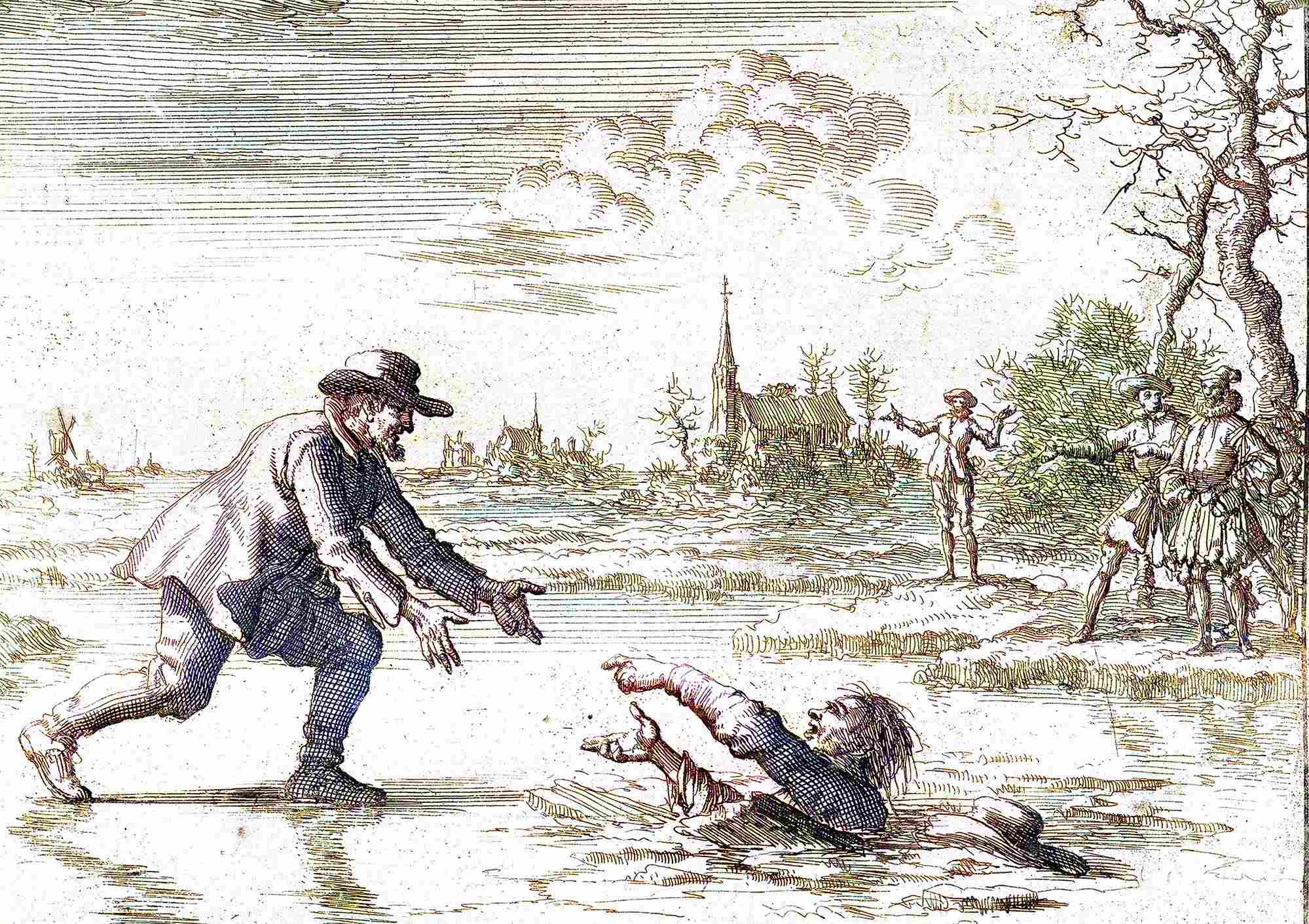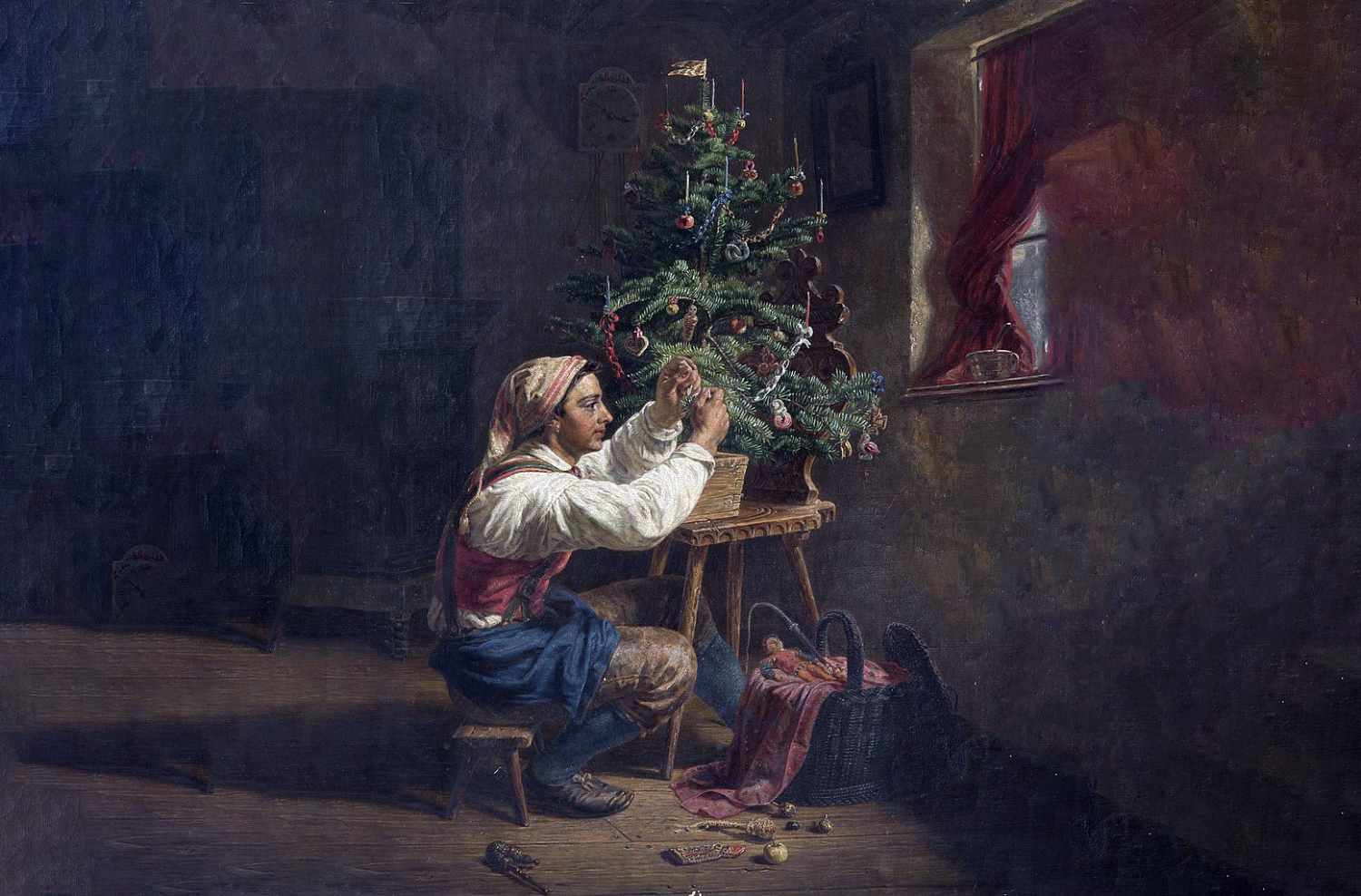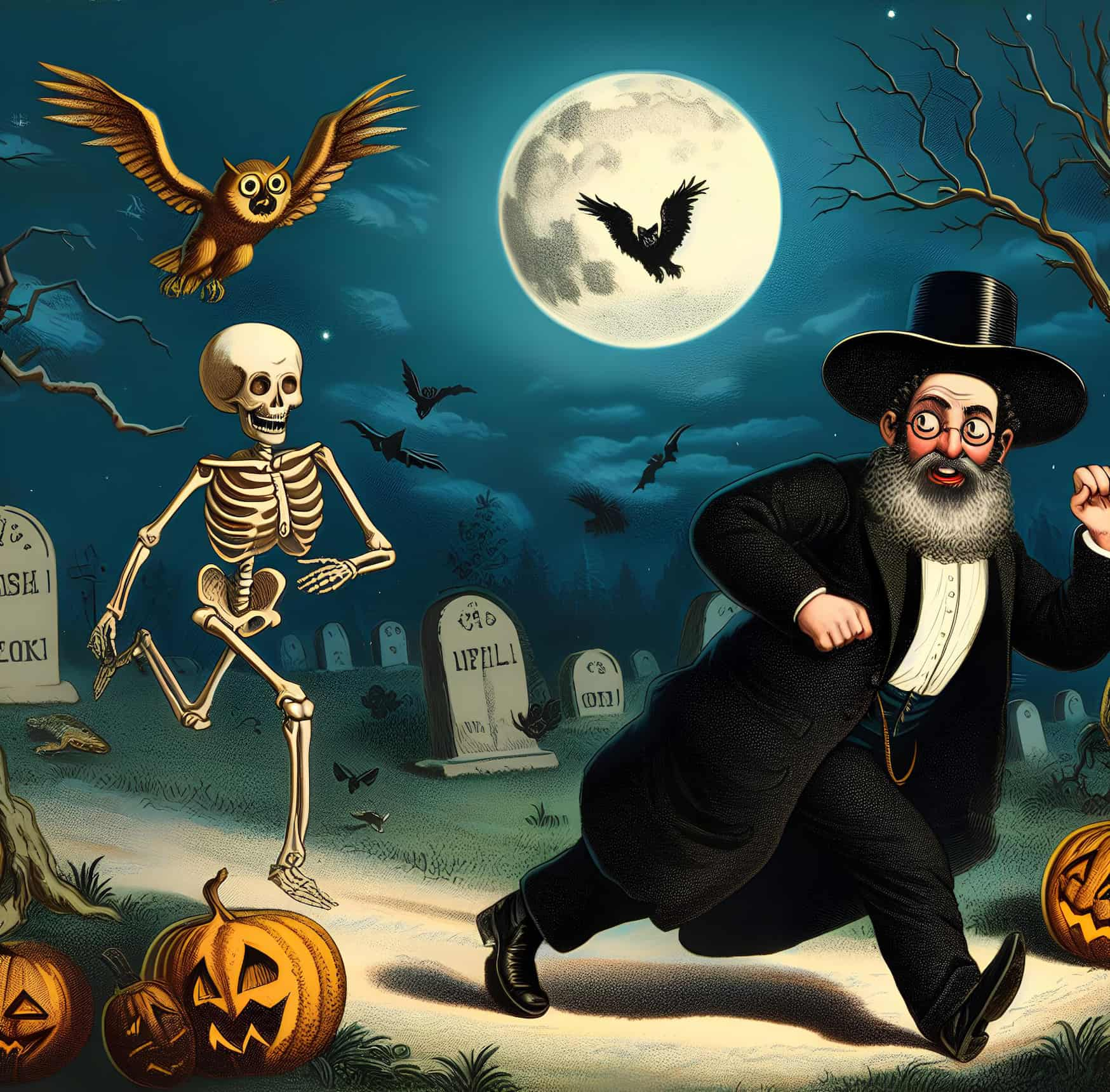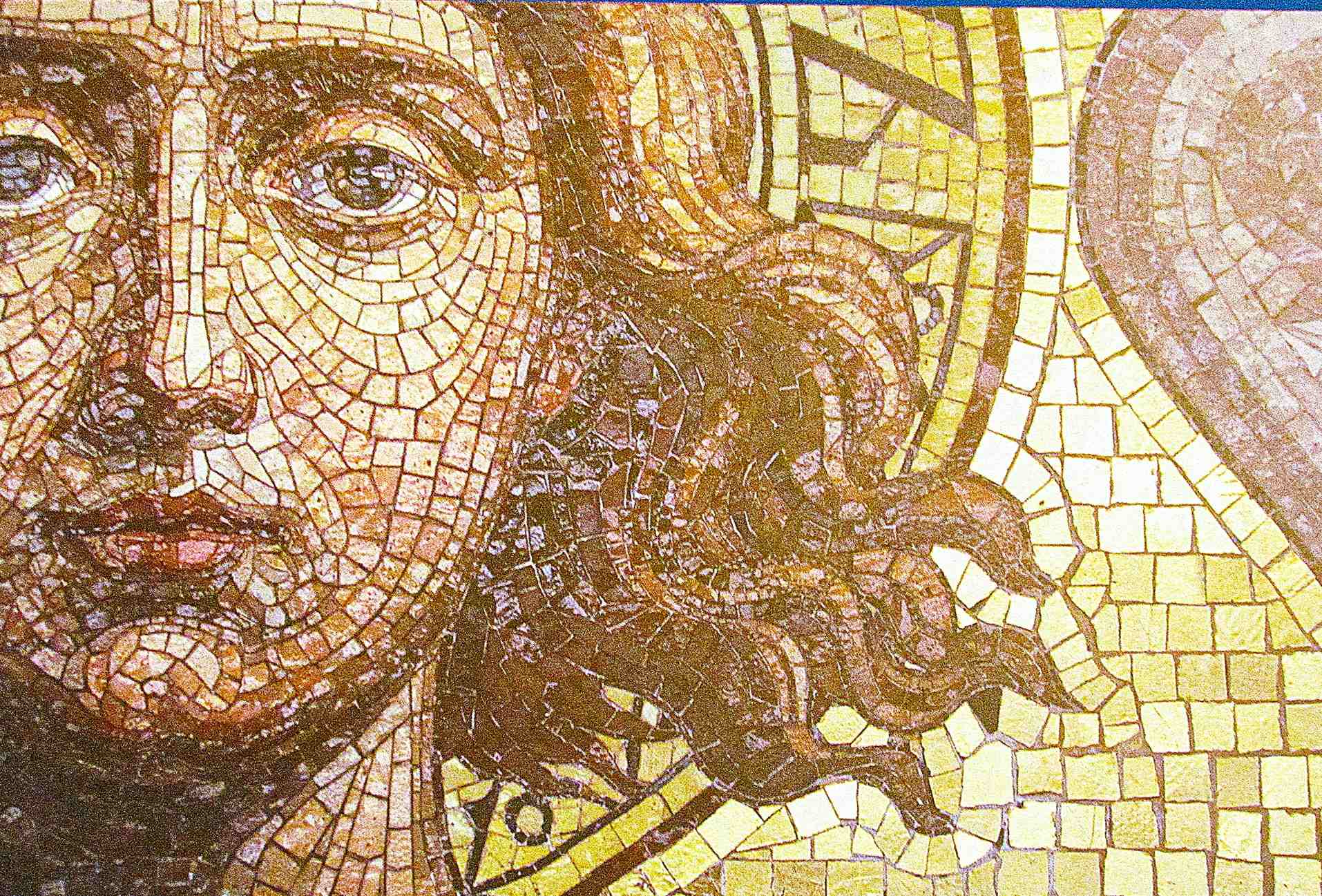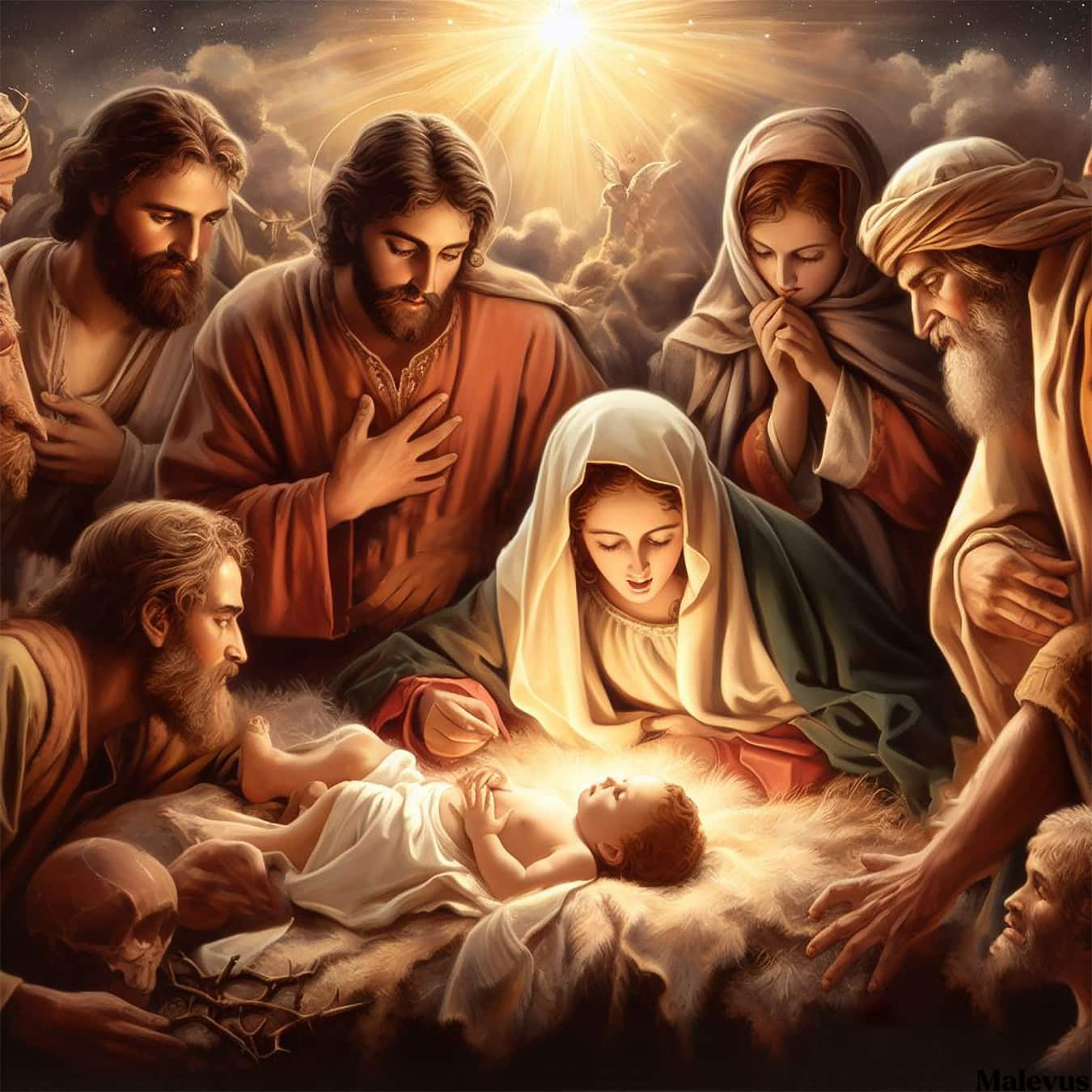- Eleazar succeeded his father Aaron as the Jewish people’s second High Priest.
- He played crucial roles in Jewish ceremonies, offerings, and decisions within the priesthood.
- Eleazar, alongside Joshua, helped divide the promised land among the Israelite tribes.
- His lineage continued through his son Phinehas and ensured priestly succession.
According to the Hebrew Bible and the Old Testament of the Christian Bible, Eleazar (Hebrew: אֶלְעָזָר, Elʽazar, meaning “God (El) has helped”) was a priest from the tribe of Levi and the second High Priest of the Jewish people, succeeding his father Aaron. Eleazar was Moses’ nephew. Elisheba, a member of the Judahite tribe and the sister of Nahshon, was Eleazar’s mother. Nadab and Abihu were his older brothers, while Ithamar was the name of his youngest sibling. On Mount Sinai, Eleazar and his brothers joined their father in being anointed as priests. Eleazar, Aaron’s son, married one of Putiel’s daughters and had a son, Phinehas, who succeeded his father as High Priest.
The Israelites’ wilderness journey is believed to have taken place around the 13th century BCE. Eleazar’s involvement as the high priest and his role in the allocation of territories in the Promised Land occurred during this period.
Eleazar’s Task
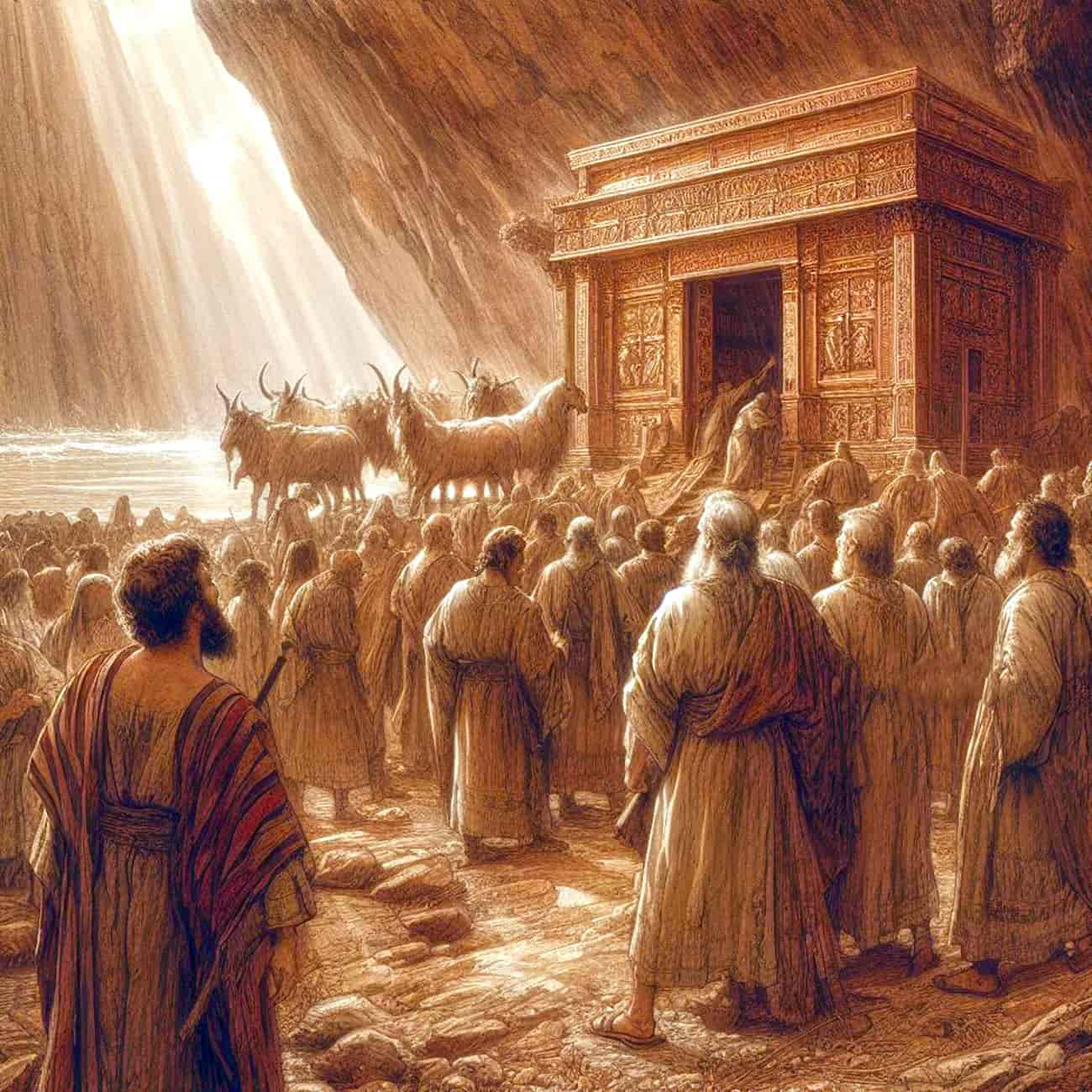
Eleazar served as a priest in a number of capacities for the Israelites while they traveled through the desert on their way to Canaan. Even though grieving was banned for the Israelites in this situation, he and his brother Ithamar resumed their responsibilities as priests immediately after their brothers Nadab and Abihu were killed by the retribution of God’s fire. Because God’s anointing oil was on them, they were confined to the front of the Tent of Meeting (Tabernacle).
In their first worship ceremony, they botched the sin sacrifice by letting the male goat burn to ash instead of being eaten in the Most Holy Place. Moses rebuked them for it, but their father Aaron eventually settled them down.
Eleazar took charge of the Levites guarding the sacred objects while on the road. Before the camp could move, Joshua, his father Aaron, and his brother Ithamar had to enter the Holy Tent to prepare the Ark of the Covenant for travel by removing the veil, wrapping it with a covering of dolphin skin, and placing it on a fabric that was dark purple.
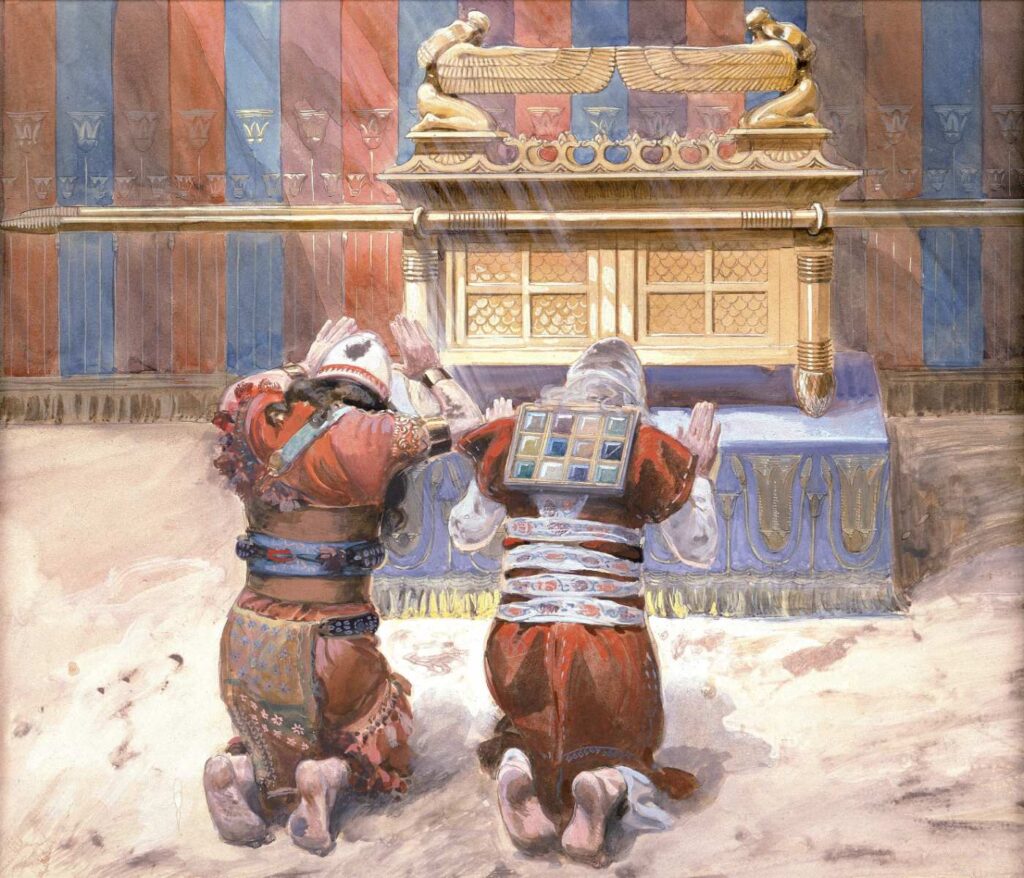
In addition, a dark purple cloth and the serving dishes, utensils, and pitchers were to be laid out on the showbread table. It was intended to showcase the Presence’s bread. They then place a crimson fabric on top, a covering made of dolphin skin, and the poles of the Ark. The light source, its lamps, wick trimmers, trays, and oil containers were to be covered with a dark purple fabric.
The Kohathites were to come and transport the sacred furniture and all the holy artifacts once Aaron and his sons had completed covering them, just before the camp moved away; however, no Kohathite was to touch the holy things under penalty of death. Eleazar was also in charge of the regular grain sacrifice, the aromatic incense, and the anointing oil. Everything in the Tabernacle, from the furnishings to the holy items, was under his purview.
A Rebellion Against Moses
Eleazar was tasked with retrieving the censers from the flames and having them hammered into sheets to overlay the altar as a memorial for the Israelites after Korah, son of Izhar, son of Kohath (Kehath), son of Levi, and his followers rebelled against Moses and were swallowed by the earth while 250 of his followers were consumed by fire from God while holding their censers.
Eleazar was given a spotless, young red heifer that had never been yoked in order to use in the ceremonial cleaning water. The heifer was to be killed in front of him, away from the camp. Eleazar was then tasked with sprinkling the blood of the sacrifice seven times toward the entrance of the Tent of Meeting. After that, everything about the heifer—including its hide, meat, blood, and intestines—was to be burned in front of his eyes. Tossing cedar wood, hyssop, and scarlet wool upon the ablaze cow was Eleazar’s assignment.
Then he could enter the camp after washing his garments and bathing himself with water, but he remained ceremonially unclean until dark. A ceremonially clean man was responsible for collecting the heifer’s ashes and placing them in a clean location outside of camp. The Israelite community was obligated to save these items for use in the sacrificial water, which was used to atone for sins.
The Death of Aaron
Moses was told to take Aaron and Eleazar to Mount Hor as Aaron lay dying. Aaron died on the mountainside after Moses took his clothes and placed them on Eleazar. After that, Moses and Eleazar came down the mountain.
Moses and Eleazar were tasked with taking a headcount of all the Israelites who were at least 20 years old and physically able to serve in the military on the plains of Moab between the Jordan River and Jericho.
Eleazar helped Moses judge disputes, including the dispute between Zelophehad’s daughters.
The Urim and Thummim were used by Eleazar, the priest, to discern God’s will when Joshua, son of Nun, was anointed to replace Moses. Joshua would stand before Eleazar and Eleazar would utilize the Urim to ascertain God’s will for Joshua.
The Israelite army returned to the camp on the plains of Moab by the Jordan near Jericho with prisoners, booty, and prizes following their victory against the Midianites.
Eleazar, the priest, then addressed the troops that had set out for war, saying,
This is what is required by the Lord’s command that Moses gave you: ‘The gold, silver, bronze, iron, tin, and lead—everything that can withstand fire—must be put through the fire, and then it will be clean. But it must also be purified with the water of cleansing. And whatever cannot withstand fire must be put through that water. On the seventh day, wash your clothes, and you will be clean. Then you may come into the camp.
Instructing Moses, God said,
You and Eleazar, the priest, and the family heads of the community are to count all the people and animals that were captured. Divide the spoils equally between the soldiers who took part in the battle and the rest of the community. From the soldiers who fought in the battle, set apart as tribute for the Lord one out of every five hundred, whether people, cattle, donkeys, or sheep. Take this tribute from their half share and give it to Eleazar the priest as the Lord’s part. From the Israelites’ half, select one out of every fifty, whether people, cattle, donkeys, sheep, or other animals. Give them to the Levites, who are responsible for the care of the Lord’s tabernacle.
Following God’s instructions, Moses and Eleazar, the priest, acted accordingly. Following the troops’ looting, there were 675,000 sheep, 72,000 cattle, 61,000 donkeys, and 32,000 women who had never been sexually active.
Eleazar’s Death
After the Israelites reached the land of Canaan, the Lord gave Moses’ successors, Joshua and Eleazar, the priest, the responsibility of dividing up the country as an inheritance for the various Israelite tribes. At the entrance to the Tent of Meeting, Eleazar the priest, Joshua, son of Nun, and the chiefs of the tribal families settled the inheritance for each tribe after Joshua had completed battling for the country of Canaan. The land partition was finalized at this point.
Eleazar was involved in the casting of lots to determine the allocation of the territories of the Promised Land (Canaan) to each Jewish tribe, ensuring that the allocation was done in accordance with God’s guidance.
Eleazar, Aaron’s son, passed away, and he was laid to rest among the hills of Ephraim, on a hill that had been granted to his son Phinehas. This spot probably lies in the Samaria neighborhood known as Awarta. The Israeli government restricts Jewish pilgrims to a single night’s stay around the 5th of the Jewish calendar month of Shevat (January–February).
Families of Priests
Zadok of Eleazar and Ahimelech of Ithamar were the two priests who helped David establish order among the priesthood. It seems that there were more family heads (chiefs) among Eleazar’s offspring than among Ithamar’s. Therefore, they separated them as follows: 16 family heads for Eleazar’s offspring and 8 family heads for Ithamar’s.
Since there were “holy leaders” and “leaders appointed by God” among both the descendants of Eleazar and the descendants of Ithamar, they distributed them fairly through random selection. In the presence of the king, the authorities, Zadok the priest, Ahimelech son of Abiathar, and the chiefs of the priestly and Levitical families, the Levite Shemaiah son of Nethaneel entered their names. Eleazar lost one tribe, and then the same happened to Ithamar.
The rotation order for these 24 groups was determined randomly, and it looked like this:
1. Jehoiarib; 2. Jedaiah; 3. Harim; 4. Seorim; 5. Malchijah; 6. Miyyamin; 7. Hakkoz; 8. Abijah; 9. Jeshua; 10. Shecaniah; 11. Eliashib; 12. Jakim; 13. Huppah; 14. Jeshbab; 15. Bilhah; 16. Immer; 17. Hezir; 18. Happizzez; 19. Pethahiah; 20. Ezekiel; 21. Jachin; 22. Gamul; 23. Delaiah; 24. Maaziah.
Genealogy of Eleazar
Phinehas was Eleazar’s only son with his wife, who was a daughter of Putiel.
The descendants of Eleazar, in chronological order:
Phinehas, Abishua, Bukki, Uzzi, Zerahiah, Meraioth, Amariah, Ahitub, Zadok, Ahimaaz, Azariah, Johanan, and Azariah.
Azariah
In Solomon’s Temple in Jerusalem, Azariah, son of Johanan, worked as a priest.
From Amariah to Ahitub to Zadok to Shallum to Hilkiah to Azariah to Seraiah to Jehozadak is the family tree of Azariah.
Seraiah
When the people of Judah and Jerusalem were carried into exile by Nebuchadnezzar, Jehozadak son of Seraiah was among those who were captured.
Ezra
Ezra son of Seraiah son of Azariah son of Hilkiah son of Shallum son of Zadok son of Ahitub son of Meraioth son of Zerahiah son of Uzzi son of Bukki son of Abishua son of Phinehas son of Eleazar son of Aaron, the chief priest, was among the first to return from exile.
The author of the Book of Ezra, Ezra, came back from exile in Babylon. He was a scribe well-versed in the Ten Commandments that Moses had received from the Lord, Israel’s God. Because the Lord his God was with him, the king granted all his requests.
Jehozadak
Jehozadak son of Seraiah, the High Priest, also went into exile in Babylonia; therefore, he may have been a sibling.
- After the Temple was rebuilt, subsequent High Priests also traced their ancestry back to Eleazar,
- beginning with Joshua son of Jehozadak (ca. 515–490 BC).
- Joshua’s son Joiakim, around 470–490 B.C.
- Joiakim’s son Eliashib, 470–433 B.C.
- Sometime between 433 and 410 B.C.E., Joiada, son of Eliashib, was expelled from the Temple by Nehemiah because one of his sons had married the daughter of Sanballat the Horonite.
- Jonathan, son of Joiada, c. 410–371 B.C.E.,
- Jaddua son of Jonathan, sometime 373–320 BC, during Alexander the Great‘s rule. Some people referred to him as Simeon the Just.
Phinehas son of Eleazar held the rank of High Priest in the household. However, during the reign of High Priest Eli, it was passed on to the family of Ithamar for reasons that aren’t totally known. According to Samaritan accounts, the descendants of Ithamar and Pinehas son of Eleazar fought among themselves and eventually split into two camps on Mount Gerizim, close to Bethel: those who followed High Priest Eli and those who did not.
The Ithamar family, descended from Eli the High Priest, held the post of High Priest until Abiathar, the fourth descendant of Eli, was removed from office by King Solomon, who then reinstated Zadok of the Eleazar family. This was the fulfillment of predictions regarding Eli’s family that had been spoken via the prophet Samuel.
According to the same Samaritan account, the line of High Priests descended from Phinehas was broken with the passing of the 112th High Priest, Shlomyah ben Pinhas, in 1624 AD. As a result, Ithamar’s kin once again assumed the role. Elazar ben Tsedaka ben Yitzhaq served as Samaritan High Priest in 2009.
Eleazar in Christianity
The Eastern Orthodox Church celebrates Eleazar on September 2, while the Armenian Apostolic Church honors him as a Holy Father on July 30. However, the Old Testament Bible mentions more than one person with the name Eleazar:
- It is thought that the Ark of the Covenant was protected by Eleazar son of Abinadab.
- Eleazar, son of Dodo, was a powerful soldier in King David’s army. His name is sometimes translated as Elhanan.
- One of those entrusted with the sacred items brought to Jerusalem from Babylonia was Eleazar son of Phinehas.
- In the genealogy of Jesus Christ contained in the Gospel of Matthew, Eleazar son of Eliud is included. Joseph was Jesus’ adoptive father.







